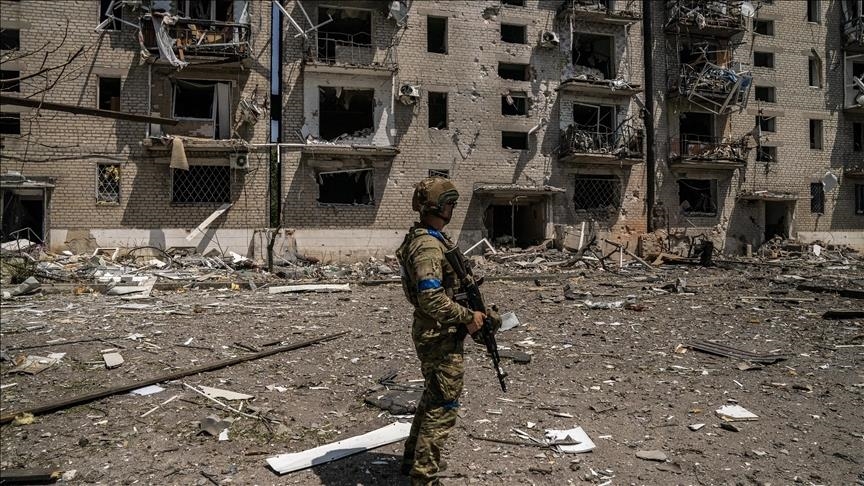BERLIN
German Chancellor Olaf Scholz and Finland’s President Alexander Stubb met Tuesday in Berlin to discuss diplomatic efforts to end the conflicts in Ukraine and the Middle East.
“I had a good chance to discuss with the prime minister of Ukraine on Friday about Ukraine’s peace plan and ‘victory plan,’ and I’ll be really interested to hear the view of the chancellor,” Stubb told reporters alongside Scholz before their meeting.
He said they will also discuss the latest developments in the Middle East, the conflict between Israel and Palestine, and Israel’s recent campaign in Lebanon. Stubb expressed hope that diplomatic efforts to solve these conflicts would gain further momentum in the coming weeks.
“I think the window of opportunity will start opening up after the US elections, going towards the inauguration of the next president of the United States. And of course, Germany’s role in all of this as a leader in Europe is important,” he added.
Scholz has had high-level talks on Ukraine and the Middle East recently, including a Quad meeting Friday in Berlin with US President Joe Biden, French President Emmanuel Macron and British Prime Minister Keir Starmer.
Scholz visited Istanbul on Saturday for a meeting with Turkish President Recep Tayyip Erdogan where the two leaders discussed diplomatic initiatives to de-escalate tensions in the region and revive negotiations for peace.
Earlier Tuesday, Scholz hosted Qatar’s Emir Sheikh Tamim bin Hamad Al Thani at the government’s guest house at the Meseberg Castle near Berlin for talks on regional and international issues.
The chancellor told reporters Tuesday that diplomatic efforts for a humanitarian cease-fire in Gaza were ongoing.
“After the death of Hamas leader Yahya Sinwar, there is hope that a cease-fire in the Gaza Strip is now approaching, coupled with Hamas finally releasing the remaining Israeli hostages,” he said.
Scholz urged Hezbollah to withdraw from the border area with Israel in accordance with UN Resolution 1701.
He reiterated that only a negotiated two-state solution could bring peace and security for Israelis and Palestinians.
“Real peace in the region is only conceivable if there is a credible process towards a two-state solution. As difficult as this may be to imagine at the moment, the hope and prospect of such a process is needed, as an important perspective for the Palestinians,” he said.

